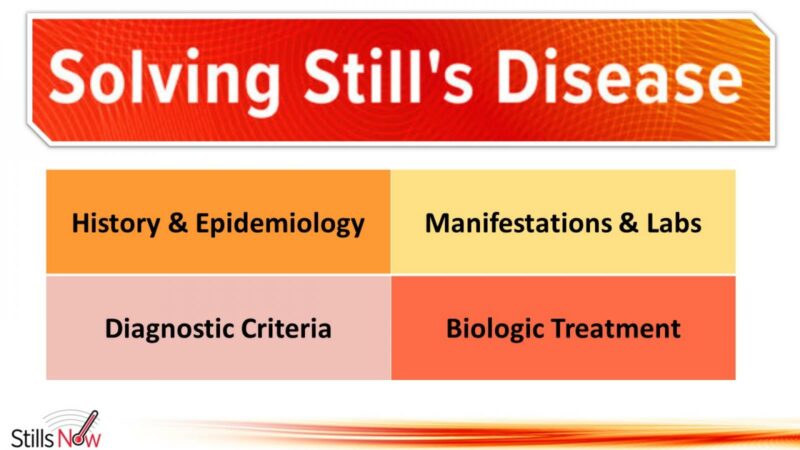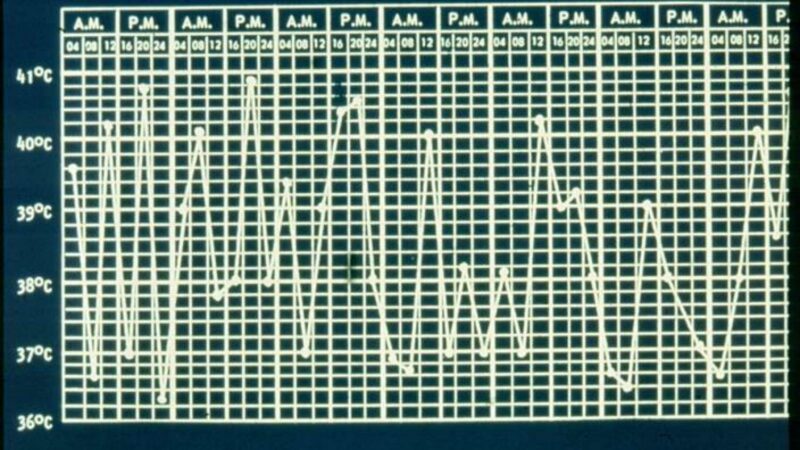A systematic review of pharmacological treatments for adult-onset Still disease (AOSD) supports the efficacy of tocilizumab (TCZ), anakinra (ANK), and canakinumab (CNK).
Data and results from 44 studies abstracts evaluated treatments, including nonsteroidal antiinflammatory drugs (NSAIDs), corticosteroids (CS), conventional synthetic disease-modifying antirheumatic drugs (DMARDs), and biologic DMARDs (bDMARDs); including tocilizumab (TCZ), anakinra (ANK), and canakinumab (CNK).
While 3 randomized controlled trials did not show statistically significant benefits of bDMARDs, metaanalyses showed high rates of complete remission and CS discontinuation. These analyses had a high degree of clinical heterogeneity.
| TCZ | ANAK | CNK | |
| Complete remission | 80% | 73% | 77% |
| Corticosteroid discontinuation | 57% | 47% | 34% |
Despite positive results, the magnitude of effect and comparative effectiveness of treatments is uncertain.
Another recent review of treatments and pathogenesis (published in Drugs) underscores the notion that there may be a ‘window of opportunity’, wherein the earlier these treatments are initiated, the sooner clinical inactivity can be achieved. Other key points:
- AOSD is a complex multisystemic autoinflammatory disease for which diagnosis is often challenging and based on the exclusion of mimickers such as infections and haematological malignancies.
- In AOSD, both innate and adaptive immunity are upregulated
- Treatment options still include glucocorticoids, csDMARDS and bDMARDs; but new targets are being evaluated for the future.
Among bDMARDs, IL-1 and IL-6 inhibitors proved high evidence of efficacy and safety in both children and adults, to date.
Related Content
-
October 14, 2022
Review of Adult-onset Still's Disease by Dr. Jack Cush, Executive Editor of RheumNow.com
-
January 1, 1970
Still's disease is the most common rheumatic cause of unknown fever in adults.…
-
May 24, 2017
Adult-onset Still disease (AOSD) is usually regarded as an autoinflammatory disease, largely because…
-
February 25, 2020
Rheumatology has a comprehensive overview of methotrexate (MTX) and the risk of lung injury,…
-
January 1, 1970
Adult onset Still's disease (AOSD) is a little bit of both: it can…
-
November 1, 2023
Dr. Bella Mehta discusses abstract 1143, presented at the 2023 ACR Convergence meeting…









